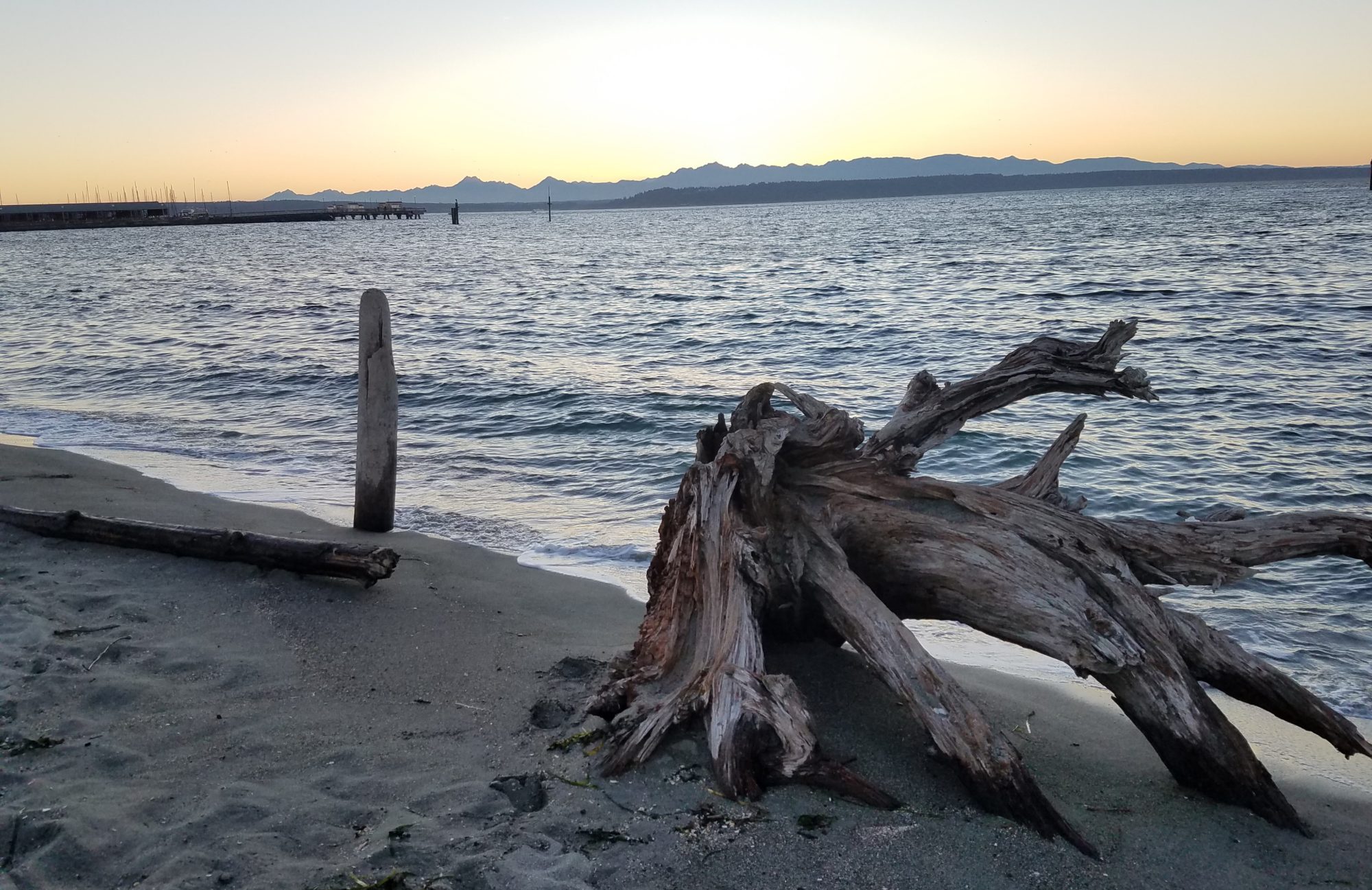This week I’ve been reflecting on what it means to truly surrender. As we look at the suffering planet and our suffering siblings, human and more than human, how do we say, “OK, I accept that?”
I heard an interview with my friend and teacher to many, Mirabai Starr, where she was discussing this. I think what she said was right on, and I’ll paraphrase what particularly resonated.
On our mystic path (that she believes all of us are on, whether we know it or acknowledge it or not), we truly only have this moment. The past is only memories, and the future is forever unknown. And so, we can choose to accept everything that is real in this moment, including the danger, the fear, the despair, and the pain. Also included in equal measure are love, joy, new births, laughter, and community.
But being in that state of surrender and radical acceptance doesn’t imply we just sit back and give up. Our work does not change. There is still injustice that we must address. There are still people hurting that we must succor. There is still a planet suffering that we must care for. There are still leaves falling so that new life can arise.
I love the lyrics from a song by Carrie Newcomer:
“Cause leaves don’t drop they just let go
And make a space for seeds to grow
And every season brings a change
A tree is what a seed contains
To die and live is life’s refrain”
So, while I choose to live in the moment in radical acceptance and surrender, I also wake up each morning asking for guidance toward the work I can do to benefit life on this gorgeous planet.
Here are two poems that say this well. The first is a poem I wrote as my first effort to create poetry in Espanol. The second is from the wonderful poet, David Whyte.
Entrego todo (I surrender all)
El arroyo no puede volver
No quiere volver
No necesita volver
The creek can’t go back
Doesn’t want to go back
Doesn’t need to go back
Sólo es
Fluye
Limpia
Pop
It only is
It flows
It cleans
Belleza casi dolorosa
Exquisito, profundo, misterioso
Ahogando todos mis sentidos
Beauty nearly painful
Exquisite, profound, mysterious
Drowning all my senses
Creo que
Yo no puedo volver
No quiero volver
No necesito volver
I think
I cannot go back
Don’t want to go back
Don’t need to go back
Yo solo soy.
Entrego todo.
I only am.
I surrender all.
~ By Rev Wakil David Matthews
SOMETIMES
Sometimes
if you move carefully
through the forest,
breathing
like the ones
in the old stories,
who could cross
a shimmering bed of leaves
without a sound,
you come
to a place
whose only task
is to trouble you
with tiny
but frightening requests,
conceived out of nowhere
but in this place
beginning to lead everywhere.
Requests to stop what
you are doing right now,
and
to stop what you
are becoming
while you do it,
questions
that can make
or unmake
a life,
questions
that have patiently
waited for you,
questions
that have no right
to go away.
‘Sometimes’ From ‘Everything Is Waiting for You’
and ‘River Flow: New and Selected Poems’
© David Whyte and Many Rivers Press

